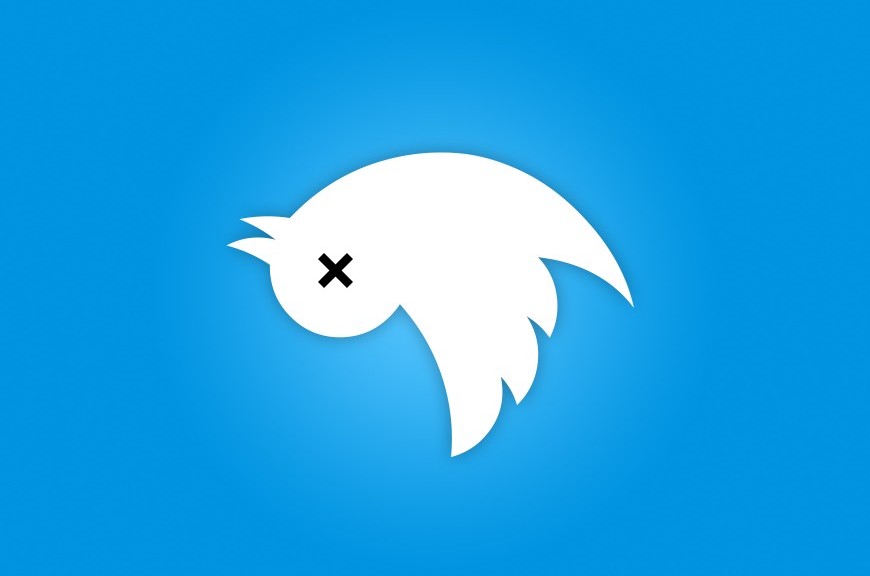The incredible popularity of the new Yo app has surprised critics, and rightly so: It’s an app that lets you say “Yo” to your contacts. It’s gotten a million real, actual dollars in venture capital.
But don’t dismiss this fine example of humanity’s albatrossian priorities just yet; the app’s hidden powers may surprise you. Remember what people said when Twitter first came out: That’s the dumbest thing I have ever heard of. Who in their right mind would use an app that limits you to 140 characters? Read a book, poindexter.
A lot of people, it turns out. Twitter has revolutionized the way we communicate as businesses, individuals, and government entities. It has leveled the playing field of communications, letting Joe Nobody tell George Clooney to get bent, George Clooney to tell Joe Nobody to eat a tree root, and HuffPo, et al to parlay that into an advertising honeypot of sweet, pointless controversy.
Now that Twitter has borne out Polonius’ observation that “brevity is the soul of wit,” the world is ready for Yo. It’s the ultimate in laconic communion; it is the pinnacle of egalitarianism: we are now all equally asinine.
And the public, it appears, has already found Yo to be a boon. Just look at all these testimonials from different people that I made up and posted to the long-form self-publishing platform known as my Twitter account:
I connected my Yo app to my Twitter! Now I can open the Yo app, hit Yo, and it appears on Twitter. This is so convenient! Thanks, Yo.
Convenient indeed! Of course, soon Twitter will no longer be needed, as Yo gets the job done just fine, without all that meaning and context getting in the way.
I said Yo to President Obama with the new Yo app. He said Yo back. Now I’m running for governor of Minnesota. Thanks, Yo!
Upward mobility FTW!
With the new Yo app, the possibilities are endless. You can say Yo to Charlie, Suzie, Kenny, even Robert! The Internet is complete.
Now to invent the Outernet.
I said Yo to her. She demured awhile, but eventually succumbed. When she said Yo back, I knew it was fate. Thanks, Yo.
The Age of No Information Whatsoever is working wonders for love.
Yo yo yo yo. Yo / yo; yo? Yo yo yo yo yo / yo yo yo yo yo
Yoku.
I’m a pastor in a struggling church in a one-horse town. We instituted the #YoApp to reach out to the youth. Now? Bumfuck, Kansas is saved!
Halleluyo!
Yarr.
A conscientious objector? A Shaun of the Dead fan? Or perhaps a competitor? Look out below, Yo.
I installed the Yo app, because I just need to know the world outside of my own mind exists. I think this may end the doctrine of solipsism.
Whatever that is. Who cares!
And finally:
Yo.
A poignant sentiment indeed.





